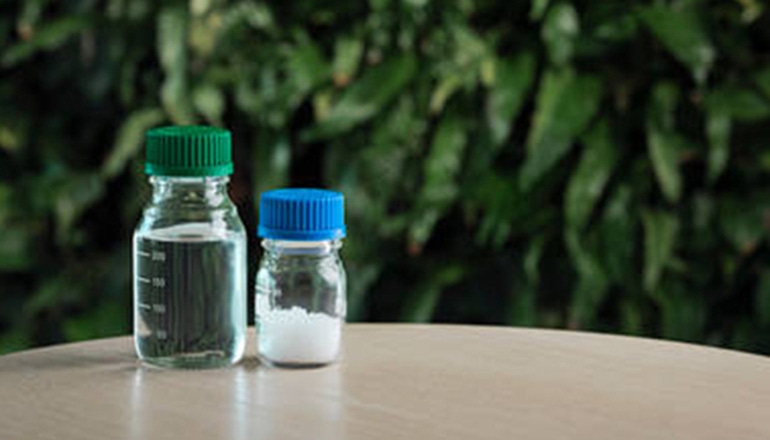Borealis and Neste have begun their strategic cooperation to accelerate circularity and bioeconomy in plastics.

Borealis, a provider of polyolefin solutions, and Neste, a provider of renewable diesel and renewable jet fuel, are entering into strategic co-operation for the production of renewable polypropylene (PP). The cooperation will enable Borealis to start using Neste’s 100 percent renewable propane produced with Neste’s proprietary NEXBTL technology as renewable feedstock at its facilities in Kallo and Beringen, Belgium, starting at the end of 2019.
Neste offers bio-based alternatives to conventional fossil-based feedstock to be used in the production of polymers and chemicals. Neste has an annual production capacity of 3 million tonnes of renewable products. Thanks to its proprietary NEXBTL technology, it can utilize nearly any bio-based oil or fat as raw material, including lower-quality waste and residue oils to produce various renewable products.
Borealis will use Neste’s renewable propane produced in Rotterdam at its facilities in Belgium to create an entire portfolio of applications based on renewable PP. This marks the first time that Borealis uses bio-based feedstock to partially replace fossil feedstock in commercial production of PP. It will also be the first time that renewable propane dehydrogenation is carried out at an industrial scale.
Borealis’ propane dehydrogenation and PP plant setup in Kallo will enable the company to start offering bio-based propylene and consequently bio-based PP in which bio-based content can be physically verified and measured. In addition, Borealis will continue to apply mass balance approach in its production at Kallo and Beringen to take a major step forward to provide both renewable propylene and renewable polypropylene to its customers. The process will be certified by the International Sustainability & Carbon Certification, whose full value chain scope ensures that the renewable feedstock used is certified renewable, sustainably produced and traceable to point of origin.
“Using renewable feedstocks produced primarily from waste and residue streams is a major contribution to reducing our reliance on fossil fuel-based feedstocks,” said Lucrèce Foufopoulos, Borealis executive vice president of polyolefins, innovation and technology and circular economy solutions, in a statement. “Through cooperation with Neste, we can offer our customers and partners a new portfolio of renewable PP solutions, helping them to make their offering more climate friendly. True to our EverMinds approach, we are a frontrunner in helping build a circular economy for plastics. Borealis will not only help protect the environment but also build a business fit for the future.”
“Polymers and chemicals industries will play a major role in the fight against climate change. It is, therefore, very satisfying to see the industry change starting to happen toward more sustainable, climate-friendlier feedstock alternatives. We are eager to help forerunner companies like Borealis to start replacing fossil-based feedstock with renewable ones. This new step is a meaningful contribution toward creating a healthier planet for our children,” said Mercedes Alonso, executive vice president of renewable polymers and chemicals for Neste, in a statement.
About the Author(s)
You May Also Like


